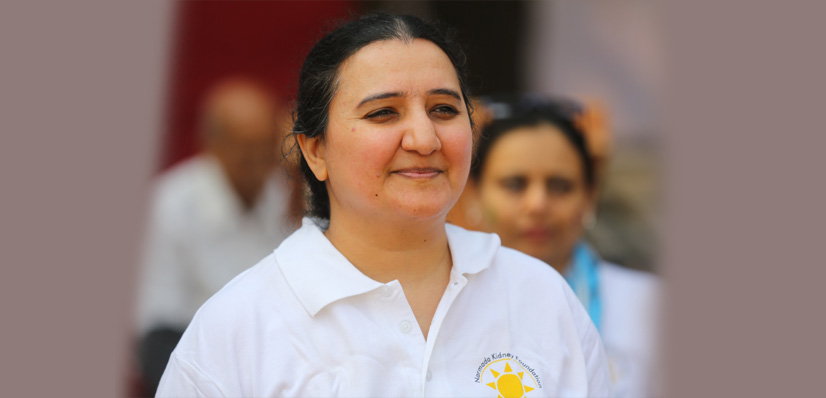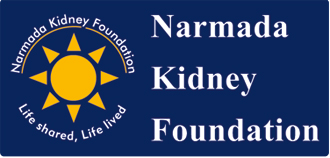
TRANSPLANTATION WHEN YOUR BLOOD GROUP OR TISSUE DOES NOT MATCH
Transplantation is the best form of treatment for patients suffering from end stage kidney disease. Sometimes in living donation, the blood groups of the donor (person who is giving the organ) and the recipient (person who is receiving the organ) do not match. A similar situation arises when the recipient has antibodies against the donor tissue and the cross-match is positive. In such situations a donor cannot donate to his or her recipient. In the past 30 % of such transplants were considered impossible due to blood group and antibody incompatibilities.
The only option for these patients would be to wait for a paired kidney exchange or wait for deceased donor transplantation.
Recently however, it has become possible to transplant patients in this situation using specialised techniques. The amount and identification of antibodies is now possible with advanced technologies, which has further made these transplants scientifically feasible and successful.
What is done to facilitate these transplants?
- The procedure starts with simple blood tests to assess blood group and antibody levels against blood group or donor tissue
- The treatment involves removing antibodies by a procedure similar to dialysis, called Sometimes a similar procedure known as immunoadsorption is used for higher levels of antibodies.
- A medicine known as Rituxumab is used to help remove antibody producing cells.
- The transplant medications are usually started 2 weeks prior to transplantation which in case of regular transplants are started 2 days prior. These further help in reducing the antibody producing cells.
- Once the antibodies are lowered sufficiently, transplantation can be performed
- After transplantation monitoring of antibodies is continued, but further treatments are usually not necessary.
The results of ABO incompatible transplants are similar to the blood group compatible transplantation.
What are the other options for a donor recipient pair who cannot donate to each other?
A paired kidney exchange, also known as a “kidney swap” occurs when a living kidney donor is incompatible with the recipient, and so exchanges kidneys with another donor/recipient pair. This kidney paired donation transplant enabled two incompatible recipients to receive healthy, more compatible kidneys.
The procedure can be carried out easily if pairs are readily available. Sometimes the wait for suitable pair is very long and necessitates the patient to remain on dialysis longer. Paired kidney exchanges should be contemplated when the antibodies are to tissues or blood group antibody titre cannot be decreased by the techniques mentioned above.
Written By: Dr. Shruti Tapiawala, Consultant Nephrologist,
